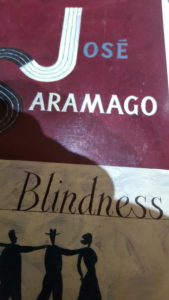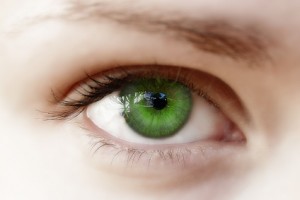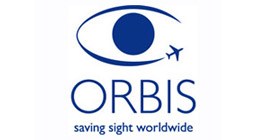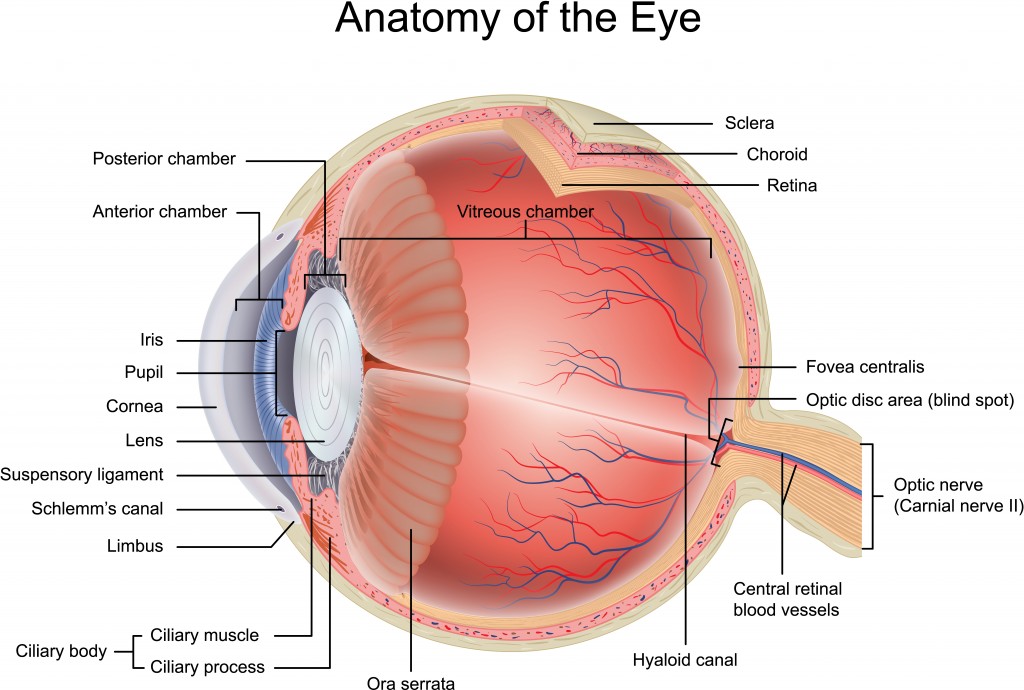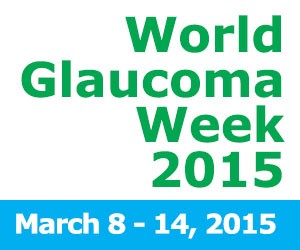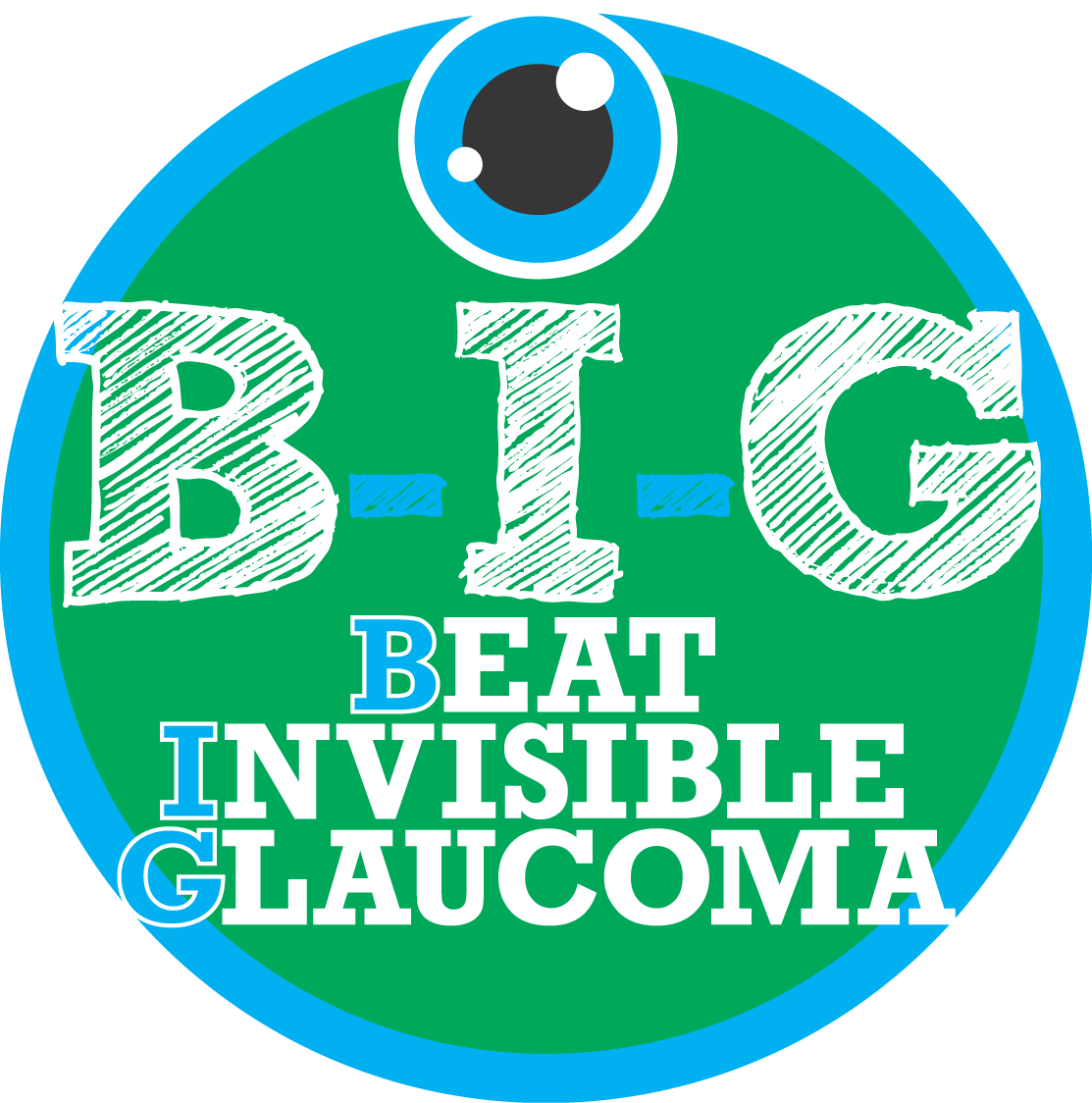In the UK, there are almost 2 million people living with sight loss. Of these, around 360,000 are registered as blind or partially sighted.
Being told you have a visual impairment that can’t be treated can be difficult to come to terms with. Some people go through a process similar to bereavement, where they experience a range of emotions including shock, anger, and denial, before eventually coming to accept their condition.
If you’re blind or partially sighted, you may be referred to a specialist low-vision clinic, which is often located within a hospital. Staff at the clinic can help you understand your condition and come to terms with your diagnosis. They can also advise you about practical things, such as lighting and vision aids, and let you know about further sources of help and support.
Ask your local hospital if they have an Eye Clinic Liaison Officer (ECLO), whose role involves providing support to people with vision loss in eye clinics.
Registering as blind or partially sighted
If your vision has deteriorated to a certain level, you may choose to register as visually impaired. Depending on the severity of your vision loss you’ll either be registered as sight impaired (previously “partially sighted”) or severely sight impaired (previously “blind”).
Your eye specialist (ophthalmologist) will measure your visual acuity (ability to see detail at a distance) and your field of vision (how much you can see from the side of your eye when looking straight ahead).
These measurements will help your ophthalmologist determine whether you’re eligible to be certified as sight impaired or severely sight impaired. If you are, they will complete an official certificate with the results of your eye examination.
In England and Wales this certificate is called the Certificate of Vision Impairment (CVI), in Scotland it’s called BP1, and in Northern Ireland it’s called A655.
Your ophthalmologist will send a copy of the certificate to you, a copy to your GP and a copy to your local social services department. Upon receiving the certificate, your local social services team will contact you to ask whether you want to be added to its register of visually impaired people.
After you’re registered, social services will contact you again to arrange for an assessment to be carried out. The aim is to assess your needs and find out what help you require to remain independent, such as help with cleaning and cooking, or help with mobility and transport.
Registering as visually impaired isn’t compulsory, but it can entitle you to a range of benefits including:
Disability Living Allowance (DLA) or Personal Independence Payment (PIP) – a tax-free benefit to help with any costs relating to your disability or illness
a reduction in the TV licence fee
a tax allowance
reduced fees on public transport
parking concessions
The RNIB website has more information about registering your sight loss. You can also read more about registering vision impairment on GOV.UK.
Changes to your home
Most visually impaired people can continue to live at home. However, you’ll probably need to make some changes to your home, particularly if you live on your own.
Below is a list of some important pieces of equipment you may find useful.
Big-button telephone – both landline and mobile models are available from the RNIB online shop.
Computer – the internet can provide a real sense of connection to friends and family as well as other people with a visual impairment. It’s also a practical way of finding out information and obtaining goods and services. Big-button keyboards, screen display software and text readers are available from the RNIB.
Community alarm – this small, wearable device has an alarm button which, if pressed, sends an alarm signal to a response centre, which will alert a nominated friend or carer. Your local authority should be able to provide you with further information.
Bright lighting – bright light bulbs and adjustable lights are essential for your home, particularly in the kitchen and the stairs (areas where you’re most likely to have an accident). Fluorescent bulbs are recommended because they produce the most light and tend to be cheaper in the long term than conventional bulbs.
The way your house is painted can also make it easier to find your way around. Using a two-tone contrast approach, such as black and white, can make it easier to tell the difference between nearby objects, such as a door and its handle or the stairs and its handrail.
Reading and writing
There are several options available if you’re having problems reading standard text in books, newspapers and magazines.
One of the simplest options is to use a magnifying device that can make print appear bigger to help you read. These can be obtained from a number of places including hospital low vision services, optometrists, local voluntary organisations, and the RNIB.
The RNIB also has a collection of large print publications you can borrow, as do most libraries.
You could also use an e-reader to help you read. E-readers are handheld devices that allow you to download books and subscribe to newspapers and magazines on the internet. You can choose a setting that allows you to display text at a larger size.
If you’re unable to read at all you could sign up to the:
National Talking Newspapers and Magazines scheme, which can provide audio versions of more than 230 titles online or on a CD
RNIB Talking Books Service, where you’re sent audio books to listen to on your computer or on a device known as a DAISY player
You can also install screen-reading software on your computer that will read out emails, documents and text on the internet.
A charity called Communication for Blind and Disabled People has released a free screen reader for the PC called Thunder. Similar software is available for Apple devices, although you may have to pay a small fee.
There are also voice recognition programmes where you speak into a microphone and the software translates what you say into writing. These programmes can also be used to issue commands, such as closing down the internet and moving from one website to another.
Braille
Some people with severe sight loss, particularly those who’ve had the problem from a young age, choose to learn Braille. Braille is a writing system where raised dots are used as a substitute for written letters.
As well as Braille versions of books and magazines, you can buy Braille display units, which can be attached to computers that allow you to read the text displayed on a computer screen. Braille computer keyboards are also available.
The RNIB website has more information about reading and Braille.
Getting around
There are several different methods you can use to get around independently if you have a problem with your vision.
Long cane
You may find a long cane useful when travelling. These type of canes are usually foldable and can help you get around by detecting objects in your path. The cane will also make drivers and other pedestrians aware that you have sight loss.
To get the most from a long cane, it’s a good idea to attend a training course that will teach you how to use it. The RNIB or Guide Dogs can provide you with further details about training.
Guide dogs
The charity Guide Dogs has been providing guide dogs for people with vision loss for many years. Guide dogs can help you get around, and provide both a sense of independence and companionship.
If you apply for a guide dog, Guide Dogs provide all the essential equipment free of charge and can also offer financial assistance if needed for things like food or vet costs.
You don’t need to have lost all your sight to benefit from a guide dog and you don’t have to be officially registered as blind or partially-sighted to apply for one. The Guide Dogs website has more information about applying for a guide dog.
Guide Dogs also offer a number of other services for people with a visual impairment (even if you don’t have a guide dog), such as Children and Young People’s Services and mobility training.
The charity also provides the My Guide service, which aims to reduce the isolation that many people with sight loss experience, helping to rebuild their confidence and regain their independence.
Global positioning system (GPS)
A global positioning system (GPS) is a navigational aid that uses signals from satellites to tell you where you are and help plan your journeys.
GPS devices are available as stand-alone units that can be programmed using a Braille keyboard, which tell you your current location and give you directions to where you want to go.
If you have a smartphone, there are a number of GPS apps you can download.
The RNIB website has more information about technology and products for people with sight loss, including GPS.
Driving
If you’re diagnosed with a condition that affects your vision, you have a legal obligation to inform the Driver and Vehicle Licensing Agency (DVLA). Failure to do so is a crime and can result in a fine of up to £1,000.
Visit GOV.UK for more information about driving with a disability or a health condition.
If you’re registered as having a sight impairment, the DVLA will assume your driving licence is no longer valid and you’ll no longer be able to drive.
Exceptions are occasionally made for people with mild vision impairment. If you think this applies to you, then your doctor will need to fill in a DVLA medical information questionnaire (PDF, 265kb).
You’re only legally allowed to drive if you can read a number plate from a distance of 20 metres (65 feet), and an eye test shows your visual acuity is at least 6/12. You’re allowed to wear glasses or contact lenses when reading the plate or letter chart.
There are also standards relating to your visual field and driving. If you have a condition that may reduce your visual field, the DVLA may ask you to complete a visual field test to demonstrate you’re safe to drive.
Employment
If you’re currently employed and have recently been diagnosed with a visual impairment, you should contact the Access to Work scheme.
Access to Work is a scheme run by Jobcentre Plus that provides advice and support about what equipment and adjustments may be required to enable you to do your job.
They also offer a grant to contribute towards the costs of any equipment or training you may need, such as voice recognition software, a Braille keyboard and display unit and a printer that can convert text into Braille (Braille embossers).
Depending on the size of the company you work for, the grant can pay for 80-100% of costs, up to £10,000.
If you feel you’ve been turned down for a job because of your disability, and you were capable of doing the job, you can make a complaint under the Equality Act 2010.
Some people with a visual impairment decide to become self-employed, often because it allows them the flexibility to work at home for hours they choose.
Action for Blind People has self-employment advisers who can provide information and training on issues such as drawing up a business plan, obtaining funding and book-keeping.
The RNIB website has more information and advice about work and employment. You can also read more about employment on the Action for Blind People website.
